23-28 July 2023 • Portland, Oregon, USA
23-28 July 2023 • Portland, Oregon, USA
IEEE AP-S/URSI 2023
23-28 July 2023 • Portland, Oregon, USA
Tuesday, 25 July, 12:00 - 13:20
The Women in Engineering program for the 2023 IEEE AP-S/URSI conference will host a luncheon that will be open to all conference attendees. Any attendees who are interested in attending this luncheon will need to sign up when they register for the conference. The luncheon will feature:
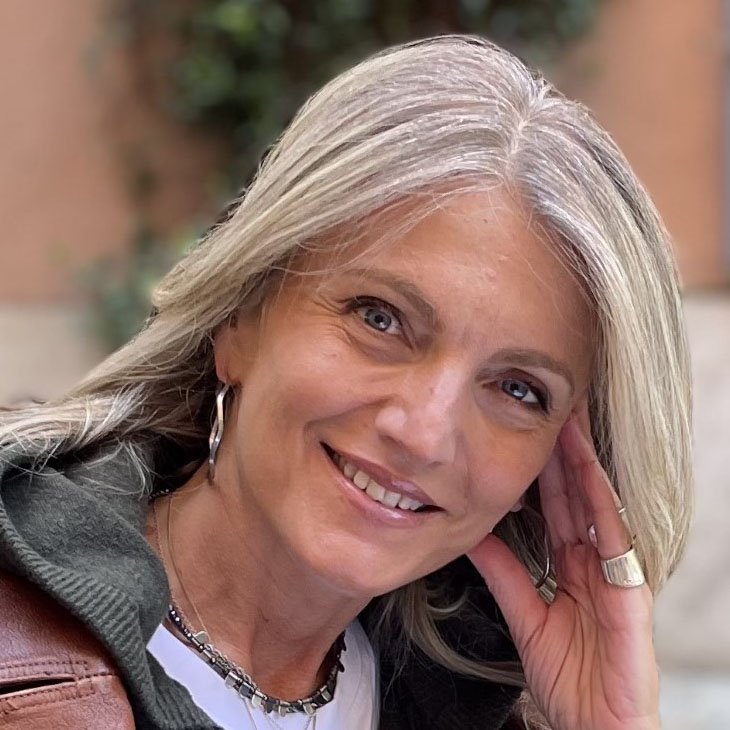
Konstantina S. Nikita, M.Eng., M.D., Ph.D., is a full Professor at the School of Electrical and Computer Engineering, National Technical University of Athens (NTUA), the Irene McCulloch Distinguished Adjunct Professor of Biomedical Engineering and Medicine at Viterbi School of Engineering and Keck School of Medicine, University of Southern California, and a 2022/2023 Global Chair of the University of Bath, UK. She is the director of the Mobile Radiocommunications Laboratory and founder and director of the Biomedical Simulations and Imaging Laboratory at NTUA. She is the Editor-in-Chief of the IEEE Transactions on Antennas and Propagation and founding Editor-in-Chief of the IEEE Open Journal of Antennas and Propagation. She is a Fellow of the IEEE, a Founding Fellow of the European Association of Medical and Biological Engineering and Science (EAMBES), and a Fellow of the American Institute of Medical and Biological Engineering (AIMBE). She has served as chair of the LS7 Consolidator Grant Panel of the European Research Council (ERC), for granting investigator-driven frontier research in the domain of life sciences. Her research interests include bioelectromagnetics, medical telemetry, mobile health, biomedical image computing and analytics, physiological systems, modeling and identification, medical decision support, and intelligent healthcare systems. She has received various awards for her research, among which the Bodossakis Foundation Academic Prize.
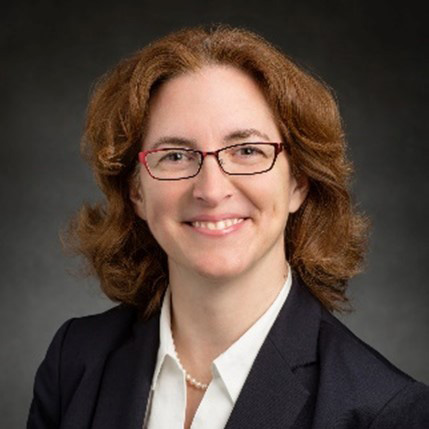
Prof. Jennifer T. Bernhard is the Donald Biggar Willett Professor of Engineering and Director of the Illinois Applied Research Institute at the University of Illinois at Urbana-Champaign. She also leads the Grainger College’s Engineering Faculty Leadership Forum. She earned the B.S.E.E. degree from Cornell University in 1988 and the M.S. and Ph.D. degrees in Electrical Engineering from Duke University in 1990 and 1994, respectively. Prof. Bernhard has been a faculty member specializing in Applied Electromagnetics in the Electromagnetics Laboratory in the Department of Electrical and Computer Engineering at the University of Illinois since 1999, and served as the Associate Dean for Research in the Grainger College of Engineering from 2012-2019. Her academic research group focuses on the development and analysis of multifunctional reconfigurable antennas and systems, as well as high-security physical layer-based modulation schemes. She is an IEEE Fellow and a Defense Science Study Group (DSSG) alumna. She is a Past President of the IEEE Antennas and Propagation (2008), a past member of the IEEE Board of Directors (2017-2018) as Division IV Director, and a member of the ASEE Engineering Research Council Executive Board (2016-2019). She currently serves as Technical Activities Representative on the Board of Directors for IEEE-USA.
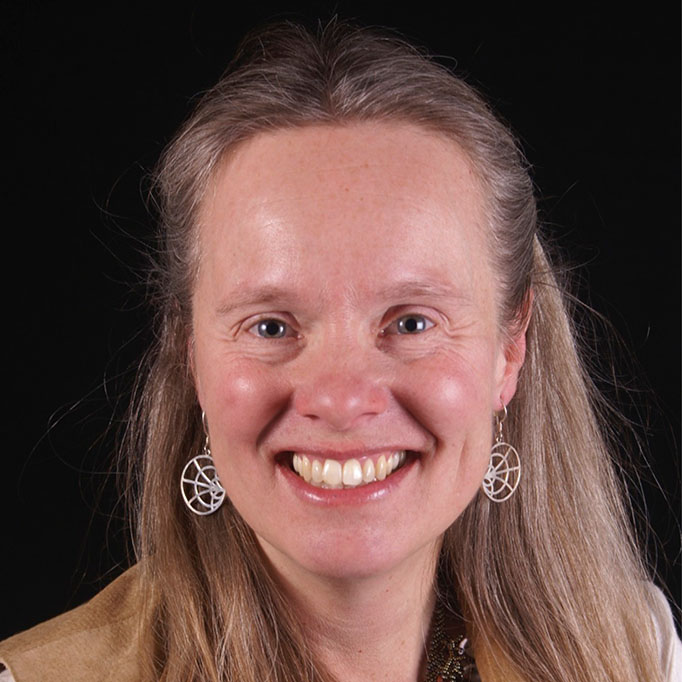
Cynthia M. Furse (M’85–SM’99–F’08) is Professor of Electrical and Computer Engineering at the University of Utah. Dr. Furse received her B.S. in electrical engineering with a mathematics minor in 1985, M.S. degree in electrical engineering in 1988, and her Ph.D. in electrical engineering from the University of Utah in 1994.
She applies her expertise in electromagnetics to sensing and communication in complex lossy scattering media such as the human body, geophysical prospecting, ionospheric plasma, and aircraft wiring networks. She has taught electromagnetics, wireless communication, computational electromagnetics, microwave engineering, antenna design, and introductory electrical engineering and has been a leader in the development of the flipped classroom.
Dr. Furse is a Fellow of the IEEE and the National Academy of Inventors. She is an IEEE Distinguished Lecturer for the IEEE Antennas and Propagation (AP) Society, an Associate Editor for the Transactions on Antennas and Propagation, a past AdCom member for the IEEE AP society, and past chair of the IEEE AP Education Committee. She has received numerous teaching and research awards including the 2020 IEEE Chen To Tai Distinguished Educator Award. She is a founder of LiveWire Innovation, Inc., a spin-off company commercializing devices to locate intermittent faults on live wires.
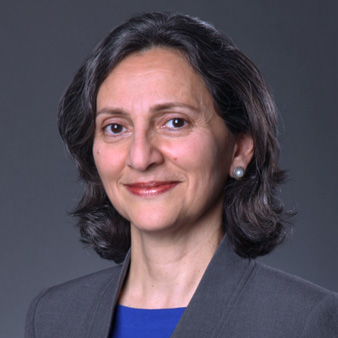
Mahta Moghaddam (S'86-M'87-SM'02-F’08) is Distinguished Professor and Ming Hsieh Endowed Chair in Electrical and Computer Engineering at the University of Southern California (USC), Los Angeles, CA, and the Co-Director of the USC Center for Sustainability Solutions. Prior to USC she was at the University of Michigan (2003-2011) and NASA Jet Propulsion Laboratory (JPL, 1991-2003). She received the B.S. degree in 1986 from the University of Kansas, Lawrence, Kansas with highest distinction, and the M.S. and Ph.D. degrees in 1989 and 1991, respectively, from the University of Illinois at Urbana-Champaign, all in Electrical and Computer Engineering. Her expertise is in microwave sensing for environmental and biomedical application. She was Systems Engineer for the Cassini Radar and served as Science Chair of the JPL Team X (Advanced Mission Studies Team). Her most recent research interests include the development of new radar instrument and measurement technologies, including software-defined radar, for subsurface and subcanopy characterization, development of forward and inverse scattering techniques for layered random media especially for root-zone soil moisture, ground water, and permafrost applications, geophysical retrievals using signal-of-opportunity reflectometry, and transforming concepts of radar remote sensing to medical imaging and therapy systems. Dr. Moghaddam is a member of the Science Team of the Cyclones Global Navigation Satellite System (CYGNSS) mission, and the Arctic Boreal Vulnerability Experiment (ABoVE). She was the principal investigator of the AirMOSS NASA Earth Ventures 1 mission. Dr. Moghaddam is a member of the National Academy of Engineering.
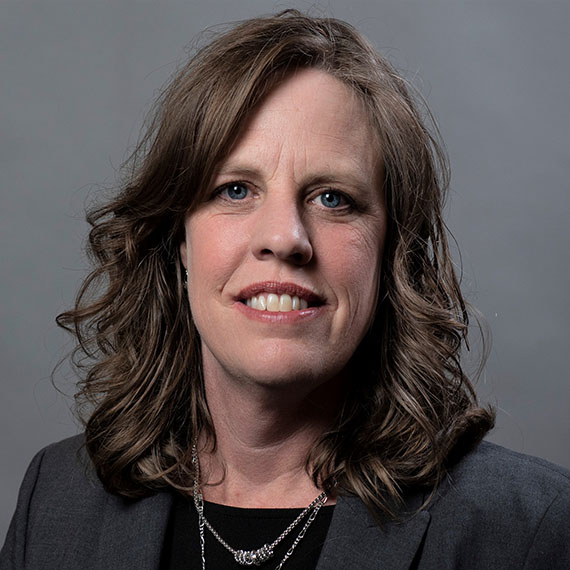
Jeanne T. Quimby (M’99-SM'19) received a B.S. degree from the University of California of San Diego in 1998 and her M. S.in 2001 and Ph.D. in 2005 from The Ohio State University. In 2006, she joined the Space and Naval Warfare Systems Center Pacific (now known as the NIWC-Pacific) as a communication expert and researcher. Since 2015, she has been working at the National Institute of Standards and Technology (NIST) in the Communication Technology Laboratory (CTL). Her current research focuses on a NextG infrastructure cybersecurity strategy composed of non-invasive radio access network measurements at the physical layer (L1) together with the data link layer (L2) and network layer (L3). Her strategy detects anomalous behavior by comparing suspect behavior to a stable behavior using cybersecurity analytics. The methodology, tools, and curated datasets are applicable to a wide range of NextG telecommunication infrastructures from NextG Radio Access Networks to Internet-of-Thing (IoT); enables standards (e.g. 3GPP) compliance testing. She has also launched enhanced channel sounder verification through the formation of the IEEE standard 2982 working group. She was the recipient of the Department of Commerce Bronze award in 2019 for recognition for developing innovative measurement methods, a state-of-the-art testbed, and extensive first-in-class measurement data sets that led to a comprehensive Guide to Industrial Wireless Systems Deployments. She is the current Women in Radio Science (WIRS) vice chair chapter for the United States National Committee for Union Radio Scientifique Internationale (USNC URSI).